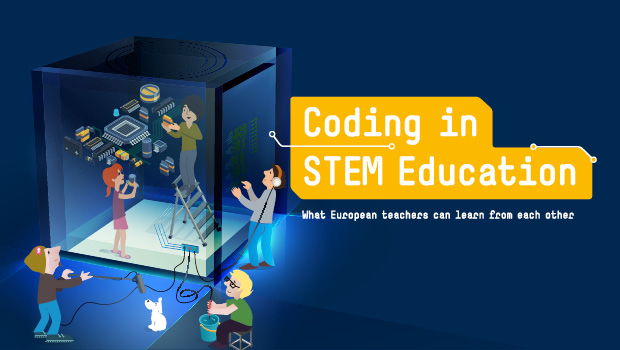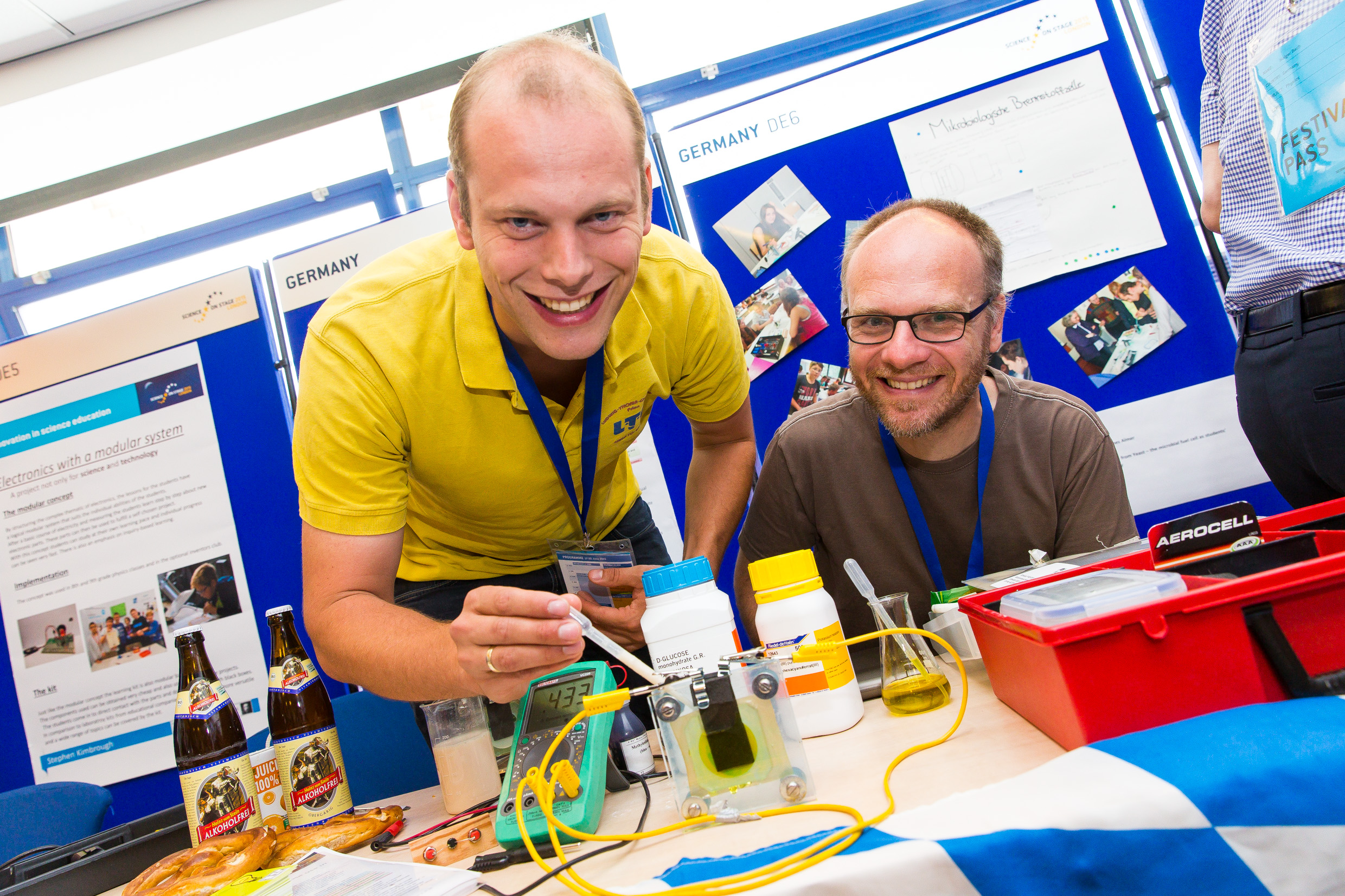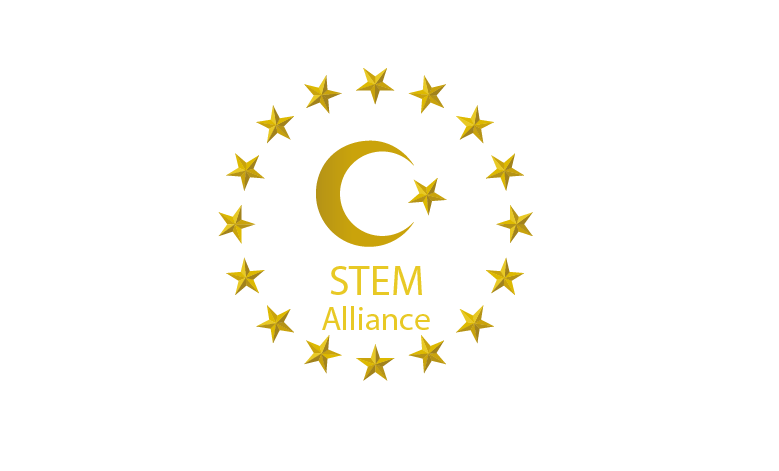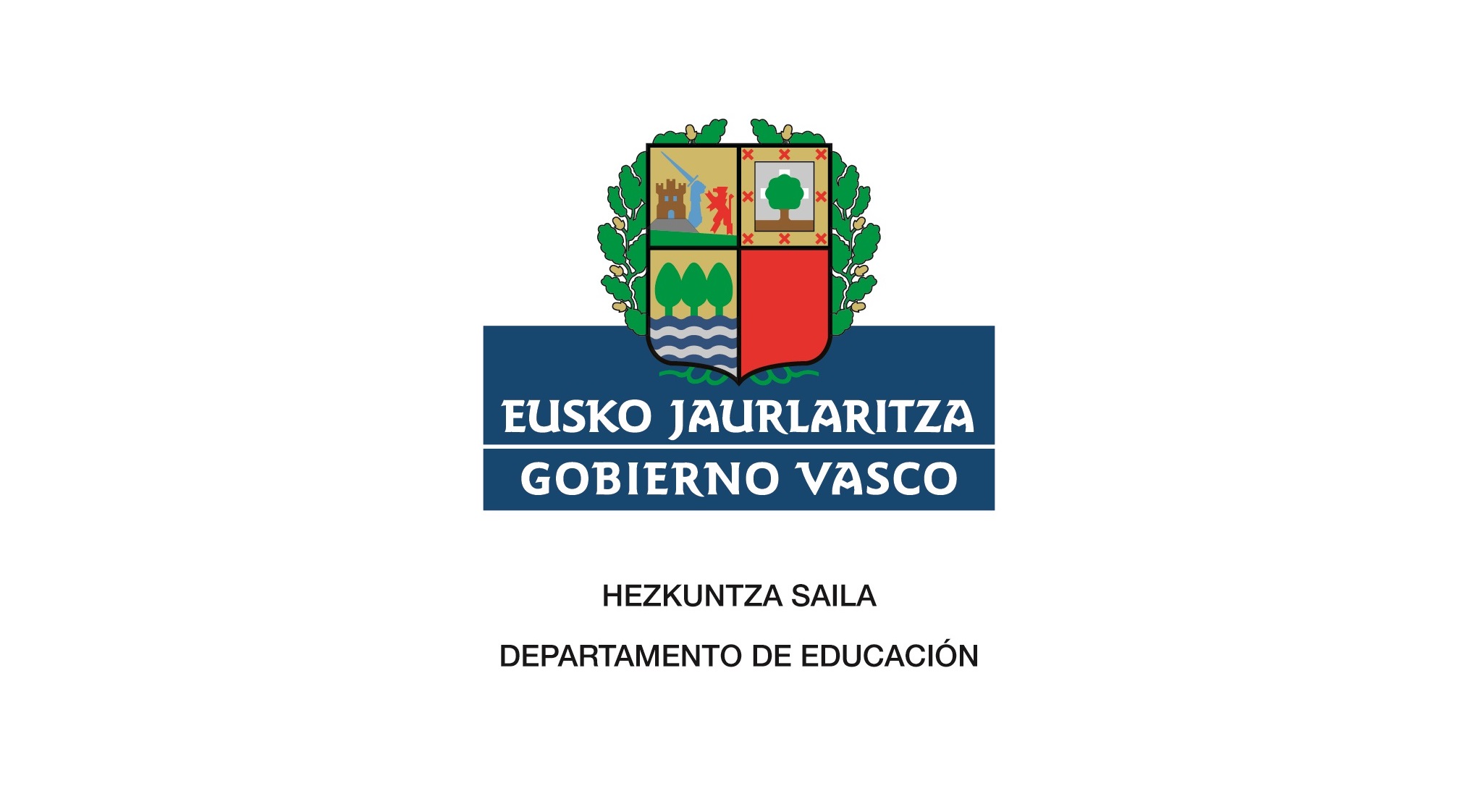Coding in STEM Education
With our teacher project 'Coding in STEM Education' 22 teachers from seven European countries developed concrete examples and practical advice for teachers on how to integrate coding in STEM lessons.
Coding becomes more and more important in our society. To help increase the level of knowledge on a wide scale Science on Stage focuses on the teachers. They first need to be familiar with coding before introducing their students to this topic.
With our teacher project 'Coding in STEM Education' 22 teachers from seven European countries develop concrete examples and practical advice not only about how to practice coding skills using Arduino, Raspberry Pi & Co. in computer sciences but also in subjects such as biology, chemistry, technology, mathematics, and physics - even if you are no IT expert.
The results were published in 2019 in form of a teaching brochure. The project is proudly supported by SAP.

The 'Coding in STEM Education' project aims to make coding topics more accessible for teachers and students. The presented projects
- are low cost to make it easier for teachers from all over Europe to implement them in their classrooms
- are linked to important topics in European science curricula in primary and secondary school which enables teachers to incorporate them in their lesson even without allotted time for computer science
- cover various subjects and scientific areas to interest many different students (encouraging girls for computer science)
The project 'Coding in STEM Education' consist of several project phases. In the first phase 23 with their students (approximately 250) develop and test the teaching materials which was published in a brochure in spring 2019. This brochure is available online and in print for free. We estimate to reach about 10 000 teachers per year through the publication and workshops. Following the release of the teaching material, a coding competition for student-teacher teams encouraged participants from all over Europe to apply with innovative ideas.
The projects of Science on Stage are funded through private companies and charitable foundations. The project “Coding in STEM education” is proudly supported by SAP.








